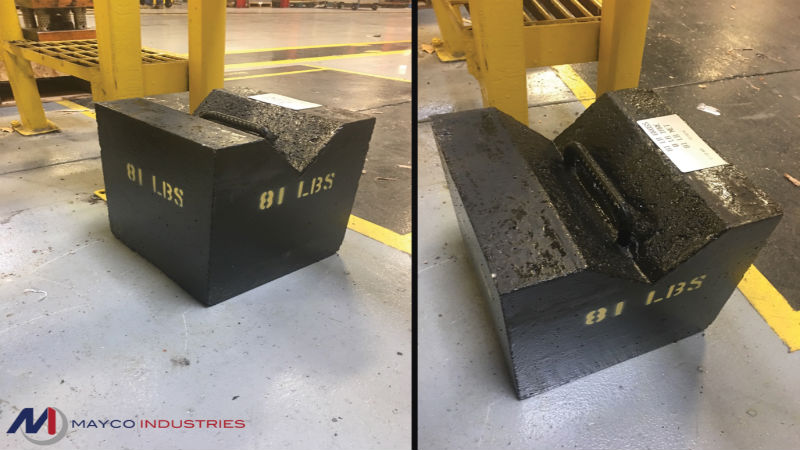There are different sizes, shapes, and types of concrete anchor bolts to consider, with each being designed for a particular job. In general, these are fasteners that are designed to be installed in already set concrete as well as bricks, concrete blocks or other types of masonry work.
The challenge with any type of fastener in concrete is keeping it in place with strength in the attachment of the anchor to the surface. Traditional screws and nails will result in the concrete simply chipping and breaking, allowing the fastener to pull loose.
Different Options
To address this issue, concrete anchor bolts are designed with a sleeve surrounding the thread and a slightly larger end to the bolt. A hole is drilled into the concrete to the desired depth. The bolt is then inserted, and the nut tightened. As the nut tightens, the end of the bolt pushes against the sleeve, creating solid contact between the sides of the hole and the bolt sleeve assembly.
There are also concrete screw anchors, which have a very different thread pattern that a typical screw. It is much wider, with the actual shaft of the screw easily visible between the threads. As they don’t score the sides of the concrete the same way as other fasteners, they offer substantial holding ability without the pullout and chipping concerns with other screws.
Size of the Bolt
All concrete anchor bolts will be rated for specific applications and rated to various standards. Knowing the specific type of application and the applicable standards will allow easy selection of the correct bolts for the job.
As a general rule, consider the longer and larger diameter bolts suitable for attachments with heavier structural components. This is similar to other fasteners, but with concrete, it is essential to know the technical specifications for any bolt before using.


